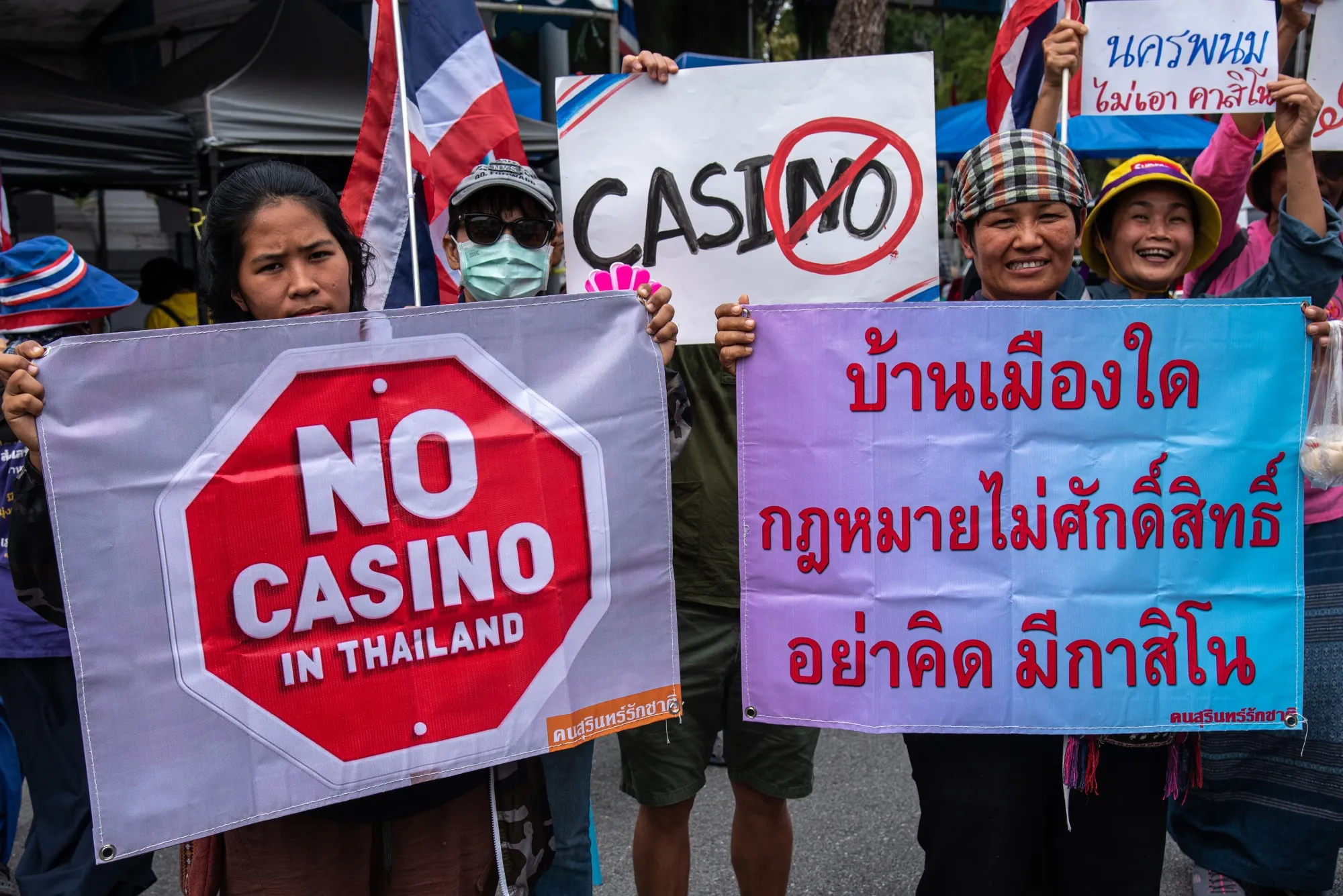
Thailand’s Senate has officially rejected the proposed “Entertainment Complex Bill,” which would have paved the way for casino operations as part of integrated resort complexes, and is demanding any future attempts at legalization be subjected to a national referendum. The bill, originally advanced under the prior administration, was withdrawn in July amid mounting criticism and growing public opposition.
The Senate’s special committee—led by Senator Veeraphan Suwannamai—argued that the bill carried high risks to social welfare, legal integrity, and the economy. Their critique highlighted potential increases in gambling addiction, crime, money laundering, and state liability for infrastructure costs, warning that the anticipated economic gains were speculative at best. They also pointed to constitutional concerns, noting that the bill would grant sweeping powers to a proposed regulatory board—raising fears about concentration of authority and erosion of democratic checks and balances.
Despite the Senate’s stance, legal and industry observers see room for future revival. A prominent gaming law attorney, Lau Kok Keng of Rajah & Tann Asia, has suggested that the bill could be reintroduced early in 2026, since it never passed its first reading. He notes that much hinges on whether Thailand’s new government and broader tourism and economic pressures make reopening the debate politically viable. For now, the Senate’s insistence on a public referendum is likely to raise the bar for any future efforts, ensuring that popular consent becomes a gating factor in Thailand’s casino ambitions.



 Content Writer: Janice Chew • Thursday, 25/09/2025 - 22:15:42 - PM
Content Writer: Janice Chew • Thursday, 25/09/2025 - 22:15:42 - PM